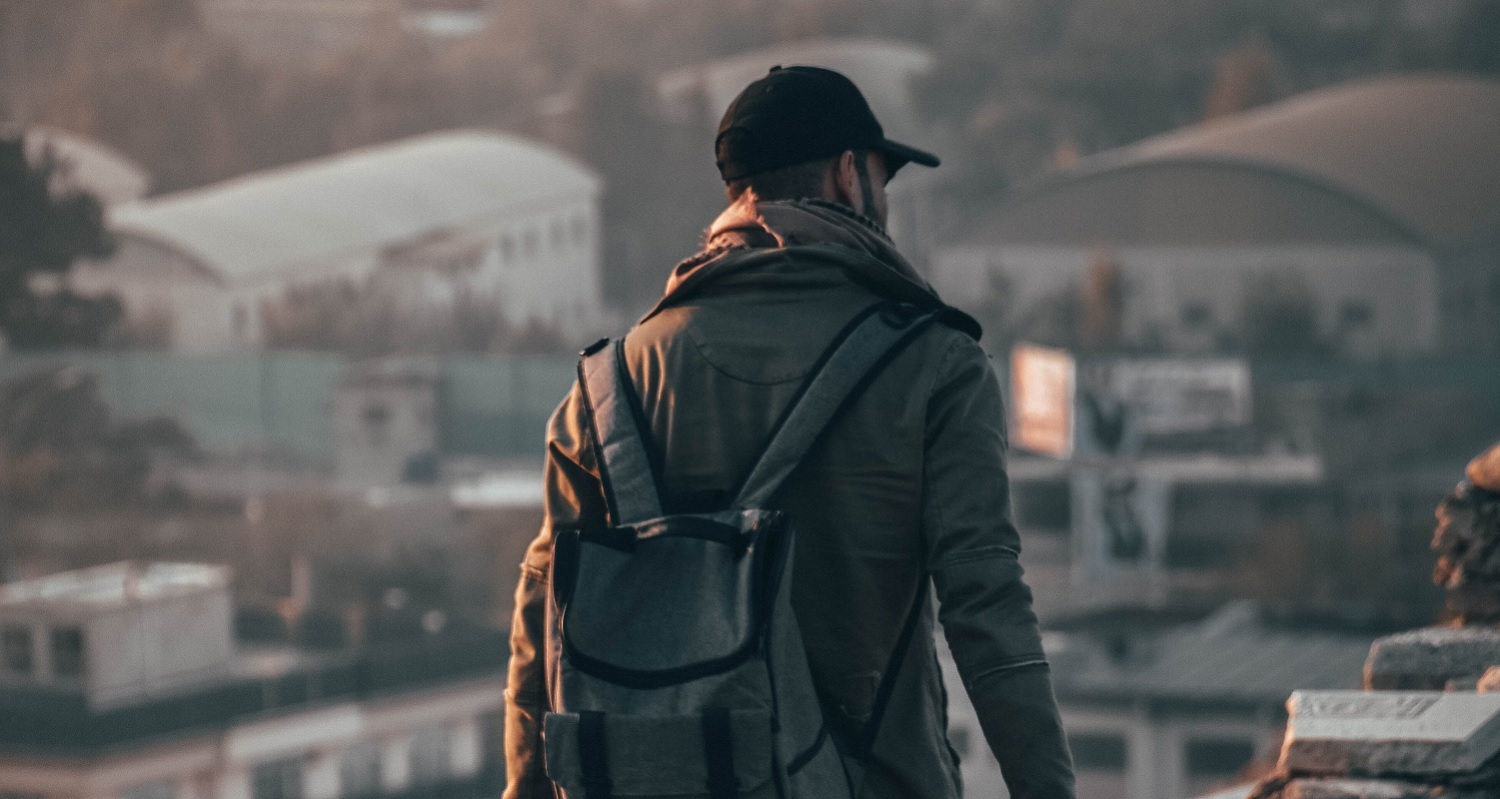‘Why straight men who have sex with men must be included in the HIV and PrEP conversation’
OPINION: 'Down low' men can be experts in finding sex - but they often don’t think about their sexual health, writes filmmaker Leon Lopez.

Words: Leon Lopez; picture: Pexels
‘Down low’ men are essentially men who have sex with other men, but who aren’t out as or don’t consider themselves gay or bisexual. Many identify as straight.
These men find sex the same way many openly gay men do. They use apps and websites, but usually keep anonymous before meeting and don’t send photos of their face. Then there’s cruising spots. Men’s urinals. Dogging areas like forests and woods.
While other down low guys like to find someone or a few partners they can trust to have sex with regularly who won’t ‘out’ them to their family or friends.
There are many reasons why this is the case, including internalised homophobia, pressures from society, worries about being rejected by their family. As well as feeling that identifying as gay makes them weak or open to prejudice.
There’s a myth that it’s a ‘black man’ thing, but technically any man who isn’t out and has sex with men in secret is down low. It’s probably because black men and other men of colour often feel the greater weight of expectation to be a certain type of man. To conform to gender norms and to have a family and settle down.
“It’s potentially putting them and their partners at unnecessary risk”
But while down low men quickly become expert in knowing how to find sex, they often don’t think about their sexual health. Or they’re too paranoid to go to a sexual health clinic and get tested, or even order a kit to their house (even though they come in plain packaging). And that’s a big problem because it’s potentially putting them and their partners at unnecessary risk.
I’m not sure I would have ever been considered down low, but I have friends who are and I’ve learned a lot about the down low life in the last decade or so. I started having sex pretty late compared to most young guys these days. I was 20 before my first sexual experience and I would travel away from home in Liverpool. I’d visit London or take cheap flights to Paris or Barcelona.
 Filmmaker Leon Lopez (provided)
Filmmaker Leon Lopez (provided)
I’d already started working on Brookside at the time so I had some money and spent it exploring my sexuality. I would visit bars and clubs and discovered saunas and bathhouses. I used websites like Gaydar before there were apps like Grindr.
The best part is the thrill and the feeling of excitement. But the worst part can also be the thrill and the excitement. It makes sex feel like an adventure and can become addictive for the wrong reasons.
But I was always, always aware of sexual health and protecting myself. I’m in my early 40s now and grew up during the AIDS pandemic. Luckily, sexual health was taught to me in school and I remember those AIDS adverts which frightened the life out of me as I came to terms with my sexuality. Which means I test every six months or more for STIs including HIV and always used condoms.
Now, as a filmmaker and gay man of colour, I feel passionately about using my platform to tell stories which are rarely ever told. That’s why I am so proud of the films my team at Brown Boy Productions have developed with sexual health charity Terrence Higgins Trust to reach down low men about sexual health.
They follow two down low men, Kwame and Nabil – one who’s black and one who’s south Asian, and both of them have female partners and kids. We follow them as they juggle relationships, fatherhood, family expectations and secrets.
The way they work is at the end of each scene you are given an option of what choice the character should make. The choice you make then determines what happens next to the characters and you keep going like that until the end of that story. The stories are inspired by the real life experiences of BAME men who have sex with men in the UK.
The stories are told completely without judgement. We’re not saying stop doing what you’re doing or ‘come out’, but we are saying here’s what you need to do to look after your sexual health.
I think seeing yourself represented on screen makes you feel less alone. Many down low men feel like they have to live in the shadows in order to be accepted by the people around them. But when they are doing this, along with not looking after their sexual health, they’re also putting others at risk.
I believe never seeing themselves is a big part of the problem for these men. The more we see our experiences portrayed, the more we realise that we are not the only personal living that experience. It unburdens us and hopefully helps break down the stigma bit by bit.
Leon’s films Their Story, Your Choice can be watched on Terrence Higgins Trust’s website where you can make decisions for Kwame and Nabil at the end of each film. If you have any questions about HIV or sexual health, contact Terrence Higgins Trust for free via 0808 802 1221.
